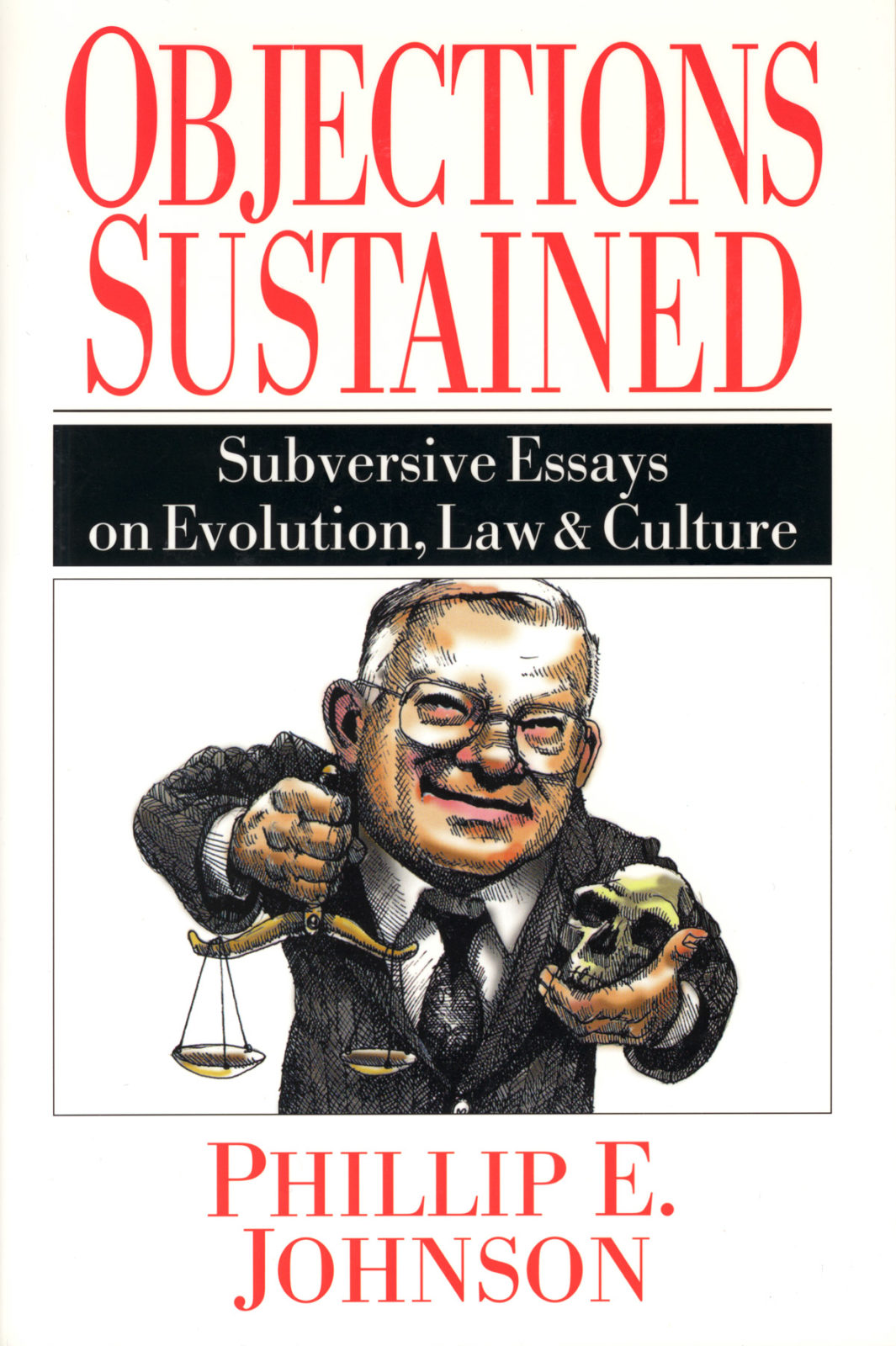Evolution Theater
One thing I love about the creation/evolution controversy is that it provides no end of amusement.Take the summer of 1999 for example. When the Kansas state board of education voted to de-emphasize the more speculative aspects of evolution in the state science standards, folks went wild. In a broadside published in Time, Harvard paleontologist and science writer Stephen Jay Gould Read More ›
Army Ad Aggravation
Alas for the Army. Nobody likes their new ads. Of course, the Army isn’t the only service drawing flak for making changes. The Air Force recently adopted a new recruiting slogan, “No One Comes Close” not that swift a choice for a service specializing in precision bombing, perhaps. The Navy’s Spike Lee spots, showing happy, attractive young sailors (both genders) Read More ›

Objections Sustained
Objections Sustained is a collection of essays by UC Berkeley law professor Phillip Johnson, also the Program Advisor to Discovery Institute’s Center for Science and Culture. In the first half of the book, Johnson presents nine short chapters about Darwinists and Darwinism. Johnson first takes aim at the myth that science and religion occupy completely separate realms. This myth, formally Read More ›

Designed or Designoid
Richard Dawkins begins climbing Mount Improbable by contrasting two rock formations (Dawkins, 1996). The first is a weathered hillside in Hawaii that, when it is viewed from a certain direction at a certain time of day at a certain time of the year, casts a shadow that has a resemblance to John F. Kennedy. The second is the magnificent Mount Read More ›
Suicide in the West
WHEN EUTHANASIA ENTHUSIASTS urged Oregon voters to legalize assisted suicide, they promised an open, rational, and carefully regulated system in which physician-hastened death would be a “last resort.” Voters were also assured that life termination would be conducted under the watchful and protective eye of the state, with rigorous guidelines strictly enforced to prevent abuse. Assisted suicide was to be Read More ›
Our Way of Life is Endangering the Salmon
To keep every cog and wheel,” Aldo Leopold wrote in Round River, “is the first precaution of intelligent tinkering.” Over the next year, the people of the Pacific Northwest have an opportunity to test that wisdom. On March 9, the National Marine Fisheries Service (NMFS) declared its intent to place several populations of chinook salmon on the endangered species list. Read More ›
Let Schools Provide Full Disclosure
The recent news from Post Falls has an all too familiar ring. A group of religiously motivated parents is pressing for the teaching of creationism alongside Darwinian evolution. If they succeed, many fear the A.C.L.U. will sue the school district. On the surface, the Post Falls controversy appears to be yet another dreary and unproductive chapter in the American culture Read More ›
Kilnswatch: Later History of the Kilns Property
With Mrs. Moore contributing, the Lewises’ 1930 dream came true. Through the years that followed, the brothers made occasional changes in the house and grounds but left the two kilns where they had stood since before 1880. Perhaps those large conical kilns gave Lewis the image of the large, conical tombs where Shasta spent the night in The Horse and Read More ›
